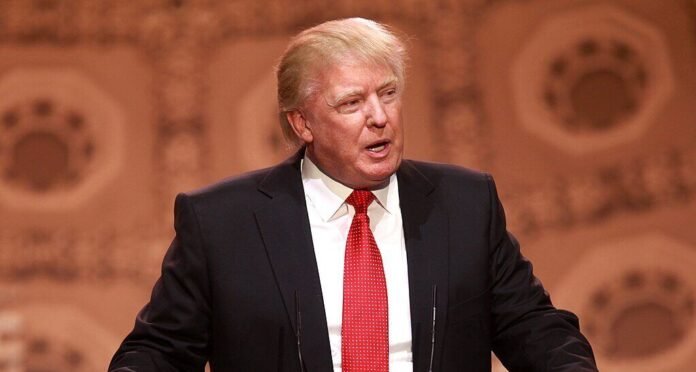Amid concerns over the Trump administration’s protectionist approach, Australian farmers and exporters face growing uncertainties
Australia’s export markets, especially in agriculture, could face significant challenges under the trade policies of U.S. President Donald Trump. Despite the Australian government’s past success in navigating trade issues with the Trump administration, concerns are rising over the impact of the president’s protectionist stance on Australian farmers.
In a recent statement, Australia’s Foreign Minister, Penny Wong, noted the government’s experience in managing trade disputes with the U.S. in the past. However, the local impact of U.S. protectionism remains a point of concern for Australian exporters. With the Trump administration maintaining its focus on shielding domestic industries, Australian farmers, who rely heavily on international markets, could become collateral damage.
Trevor Whittington, CEO of WAFarmers, voiced these concerns, highlighting the potential risks to Australian agricultural exports, particularly as trade barriers and tariffs are likely to intensify. Larry Jorgensen, CEO of Wines of WA, added to these fears, noting the uncertainty surrounding export growth in the wine industry under a more restrictive U.S. trade policy.
Embed from Getty ImagesSupply chain expert Mehrdokt Pournader from the University of Melbourne echoed these concerns, suggesting that a shift in global trade dynamics could leave Australian exporters scrambling to adapt. While the Australian government will continue to engage with the U.S. on trade, the unpredictability of the Trump administration’s policies could undermine efforts to secure stable export channels.
The Australian agricultural sector is now bracing for the potential fallout of escalating trade tensions, with many urging the government to seek alternative markets and strategies to protect farmers’ interests in the face of an increasingly unpredictable trade environment.
